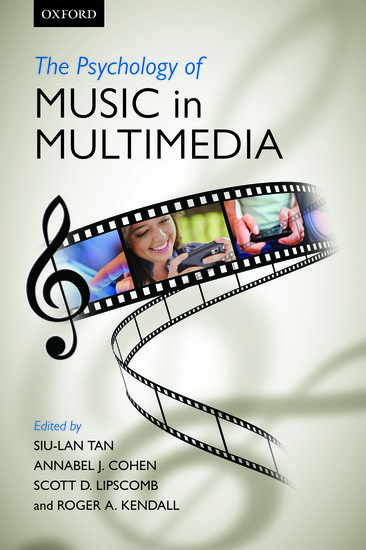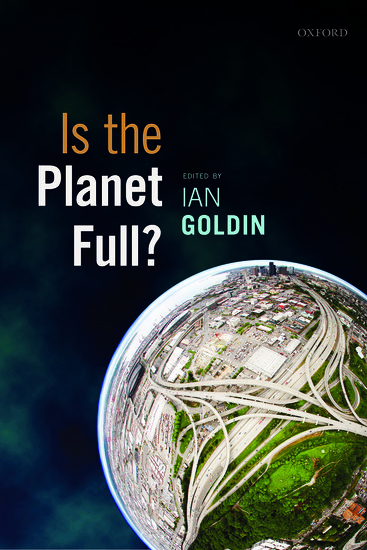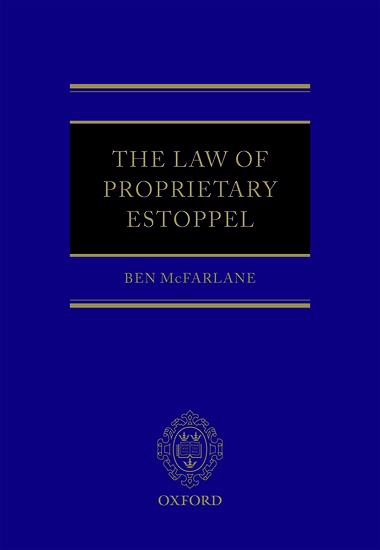The fall of Rome to the rise of the Catholic Church, in pictures
By Peter Heather
After the collapse of the Roman Empire, the Western world went through a turbulent and dramatic period during which a succession of kingdoms rose, grew, and crumbled in spans of only a few generations. The wars and personalities of the dark ages are the stuff of legend, and all led toward the eventual reunification of Europe under a different kind of Roman rule — this time, that of the Church. Below, historian Peter Heather selects ten moments from the period upon which the fate of Europe hinged.










